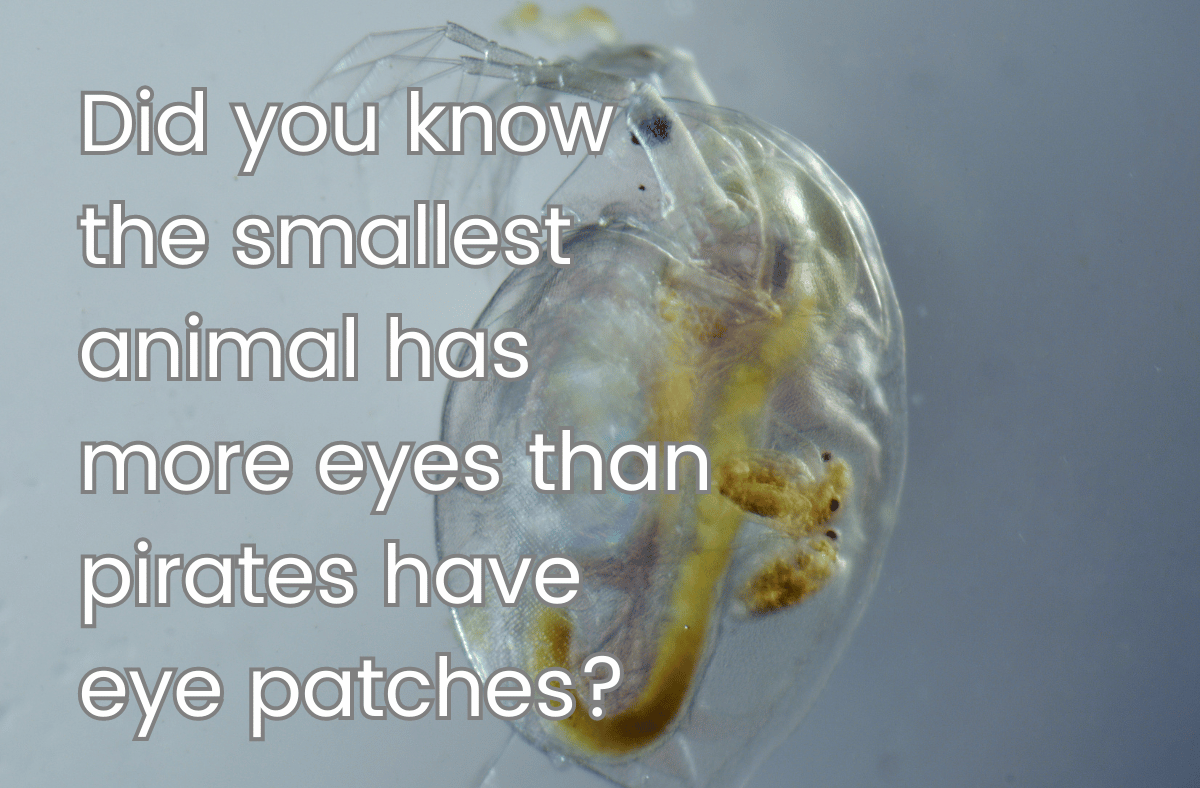Did you know that your mouth is home to billions of bacteria? In fact, there are more bacteria in your mouth than there are people on Earth. That’s right, you have a whole world of microbes living inside your mouth. But don’t worry, most of them are harmless or even beneficial for your oral health. Here are some facts about the bacteria in your mouth that will surprise you.
How Many Bacteria Are There?
According to some estimates, there are about 100 billion bacteria in a milliliter of saliva. That means that every time you spit, you are releasing a huge amount of bacteria into the environment. To put it in perspective, there are about 7.9 billion people on Earth as of 2021. That means that you have more than 12 times the number of bacteria in your mouth than there are humans on the planet.
What Kinds of Bacteria Are There?
There are hundreds of different species of bacteria in your mouth, belonging to various groups and families. Some of the most common ones are:
- Streptococci: These are round-shaped bacteria that form chains or clusters. They are responsible for producing lactic acid, which can cause tooth decay and cavities. They also help digest sugars and starches in your food.
- Lactobacilli: These are rod-shaped bacteria that also produce lactic acid and contribute to tooth decay. They are more common in people who eat a lot of sugary foods or have poor oral hygiene.
- Actinomyces: These are filamentous bacteria that form long branches or threads. They help break down complex carbohydrates and proteins in your food. They also help prevent infections by producing antibiotics and anti-inflammatory substances.
- Veillonella: These are oval-shaped bacteria that live in close association with streptococci. They feed on the lactic acid produced by streptococci and convert it into carbon dioxide and water. They help maintain a balanced pH level in your mouth and prevent acid erosion of your teeth.
- Fusobacteria: These are spindle-shaped bacteria that form long rods or filaments. They are involved in gum disease and bad breath. They produce volatile sulfur compounds that give off a foul odor and irritate the gums.
How Do Bacteria Affect Your Oral Health?
The bacteria in your mouth play an important role in your oral health. They help digest your food, protect your teeth and gums from infections, and maintain a healthy balance of microorganisms in your mouth. However, they can also cause problems if they grow out of control or become harmful. Some of the common oral health issues caused by bacteria are:
- Tooth decay: This occurs when the bacteria in your mouth produce acids that dissolve the enamel (the hard outer layer) of your teeth. This creates holes or cavities that can expose the dentin (the softer inner layer) and the pulp (the nerve-filled center) of your teeth. Tooth decay can cause pain, sensitivity, infection, and tooth loss if left untreated.
- Gum disease: This occurs when the bacteria in your mouth infect the gums (the soft tissue that surrounds and supports the teeth). This causes inflammation, bleeding, swelling, and receding of the gums. Gum disease can also damage the bone and ligaments that hold the teeth in place. Gum disease can lead to tooth loss, bad breath, and increased risk of other diseases such as diabetes and heart disease if left untreated.
- Bad breath: This occurs when the bacteria in your mouth produce foul-smelling substances that linger in your mouth and on your tongue. Bad breath can be caused by poor oral hygiene, dry mouth, smoking, certain foods, medications, or medical conditions. Bad breath can affect your confidence, social life, and professional image if not addressed.
How Can You Keep Your Mouth Healthy?
The good news is that you can keep your mouth healthy and prevent most oral health problems by following some simple steps:
- Brush your teeth twice a day with fluoride toothpaste and a soft-bristled toothbrush. This will remove plaque (the sticky film of bacteria) and food particles from your teeth and gums.
- Floss your teeth once a day with dental floss or an interdental cleaner. This will remove plaque and food particles from between your teeth and under your gum line where your toothbrush cannot reach.
- Rinse your mouth with water or an antibacterial mouthwash after eating or drinking. This will wash away any remaining food particles and bacteria from your mouth.
- Visit your dentist regularly for check-ups and cleanings. Your dentist will examine your teeth and gums for any signs of decay or disease and remove any tartar (the hardened plaque) from your teeth.
- Eat a balanced diet that is low in sugar and high in fiber, vitamins, minerals, and antioxidants. This will nourish your body and support your immune system to fight off infections.
- Drink plenty of water to keep your mouth moist and hydrated. This will help prevent dry mouth which can increase the risk of tooth decay and bad breath.
- Avoid smoking or using tobacco products which can stain your teeth, damage your gums, and cause oral cancer.
Conclusion
Your mouth is a fascinating place full of bacteria that affect your oral health in various ways. By taking good care of your mouth, you can enjoy a beautiful smile and a healthy life.






















